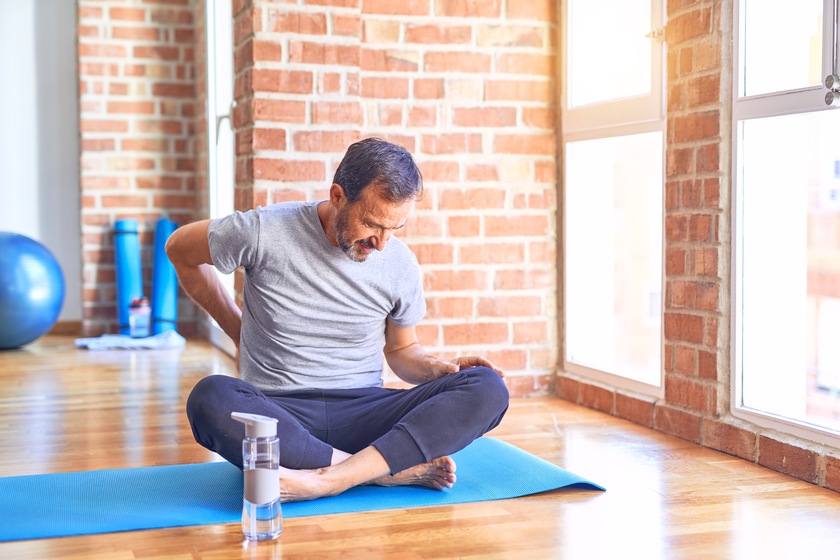As we age, it’s important to maintain an active lifestyle to stay healthy and happy. But sometimes, hip injuries can make it challenging to keep moving. Whether it’s a sprain, strain, or fracture, hip injuries can cause pain and discomfort that make it difficult to engage in physical activities.
But don’t let hip injuries keep you from an active lifestyle! There are ways to prevent and manage hip injuries so you can keep moving and enjoying life. In this article, we’ll discuss some tips for preventing hip injuries, as well as some ways to manage hip pain if you do experience an injury.
Preventing Hip Injuries
Prevention is always better than treatment, so let’s start with some tips for preventing hip injuries in the first place.
Maintain a Healthy Weight
Being overweight or obese can put extra strain on your hips, increasing your risk of injury. Maintaining a healthy weight through diet and exercise can help reduce this risk.
Stay Active
Regular exercise can help keep your hips and other joints healthy and strong. Aim for at least 30 minutes of moderate exercise most days of the week, such as brisk walking, swimming, or cycling.
Wear Proper Footwear
Wearing shoes with good support can help reduce your risk of falls and hip injuries. Look for shoes that fit well and have a non-slip sole.
Avoid High-Impact Activities
Activities that involve jumping or sudden changes in direction, such as basketball or tennis, can put a lot of stress on your hips. If you enjoy these activities, be sure to warm up properly and wear appropriate protective gear, such as knee pads.
Managing Hip Pain
If you do experience hip pain or an injury, there are ways to manage the pain and get back to your active lifestyle.
Rest and Ice
If you experience sudden hip pain, it’s important to rest and apply ice to the affected area. This can help reduce inflammation and swelling.
Physical Therapy
Physical therapy can help you regain strength and mobility after a hip injury. A physical therapist can design a personalized exercise program to help you recover and prevent future injuries.
Medications
Over-the-counter pain medications, such as acetaminophen or ibuprofen, can help relieve hip pain. Your doctor may also prescribe stronger medications if necessary.
Surgery
In severe cases, surgery may be necessary to repair a hip injury. Your doctor can discuss the different surgical options with you and help you decide if surgery is the best option for you.
Conclusion
Hip injuries can be a challenge, but they don’t have to keep you from an active lifestyle. By following these tips for prevention and management, you can reduce your risk of hip injuries and get back to the activities you enjoy. Remember, it’s never too late to start living an active lifestyle, so get moving and enjoy all the benefits that come with it!







